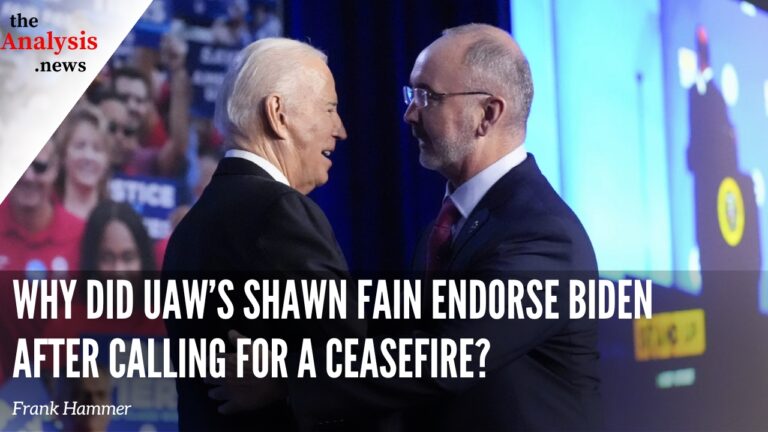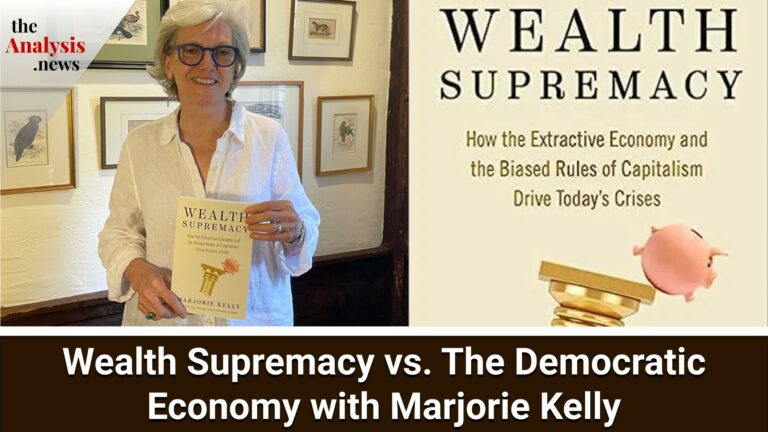The (In)conceivability of Real Workers’ Control – Saeed Rahnema part 1/2
The workers’ council movement took shape in several forms across Europe, Russia, Tito’s Yugoslavia, Algeria, and Iran. Political scientist Dr. Saeed Rahnema discusses the failure of workers’ councils in these different historical contexts and traces out the tensions between workers’ control and workers’ participation under capitalism. Is real workers’ control feasible under capitalism, and do struggles for increased workers’ participation and higher wages necessarily lead to workers’ control?









